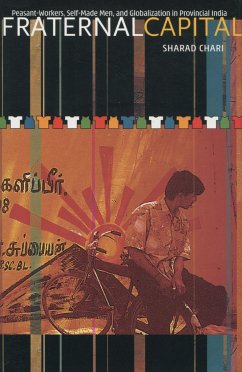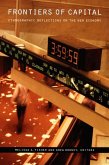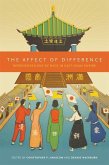"The boom fashion-town of Tiruppur in South India has attracted intellectual as well as manual workers. In the boom in scholarly literature, Sharad Chari's meticulous ethnography is outstanding. It puts the concept of accumulation back onto the catwalk. It relates industrial accumulation to the agrarian origins not just of capital but also of the labour process and elaborates a peasant-worker route to accumulation. It also reveals the way culture shapes work and work shapes culture. These are not just major contributions to our knowledge of clusters and industrial districts, they are also very useful contributions to the critical understanding of globalised capital."--Barbara Harriss-White, author of India Working, Queen Elizabeth House, Oxford University "Fraternal Capital is an exemplary study of the paradoxical formation of a class of peasant-workers in urban South India who drew on their agrarian past to fashion themselves as a community of fraternal capitalists. Chari examines this process 'genetically, ' revealing how the labor that produced this transformation is the synthesis of multiple relations and embodies the history of these relations. He brilliantly illuminates this history by weaving together its complex strands, linking town and country, individuals and communities, local and world markets, past and present. Through Chari's caring intellectual labor, this capitalism appears as intimately fraternal and yet as violently divisive, as unusually distinct and yet as uncannily familiar, its singularity showing how the global history of capital is also always provincial."--Fernando Coronil, author of The Magical State, Anthropology and History Departments, University of Michigan, Ann Arbor
Hinweis: Dieser Artikel kann nur an eine deutsche Lieferadresse ausgeliefert werden.
Hinweis: Dieser Artikel kann nur an eine deutsche Lieferadresse ausgeliefert werden.








